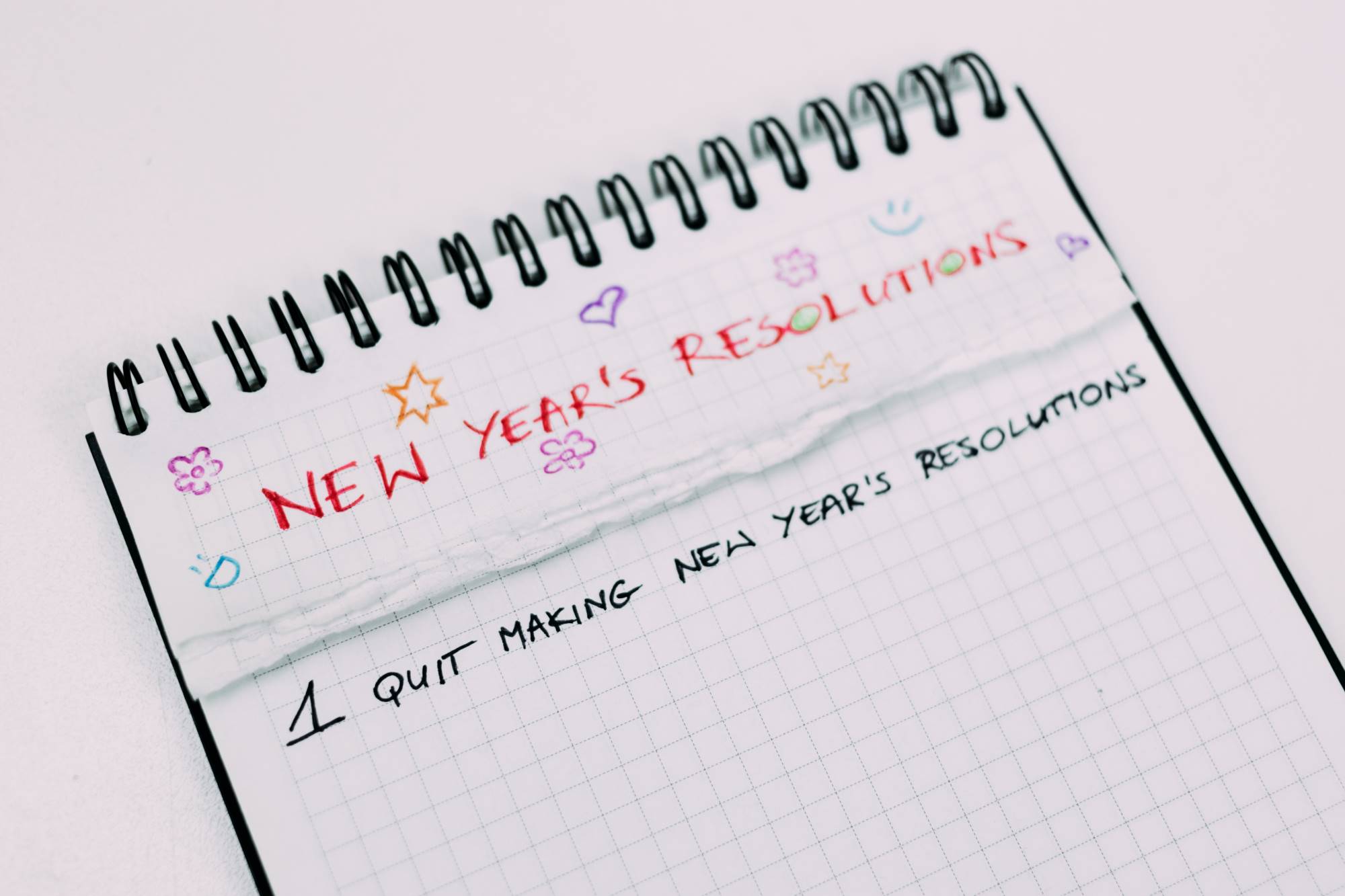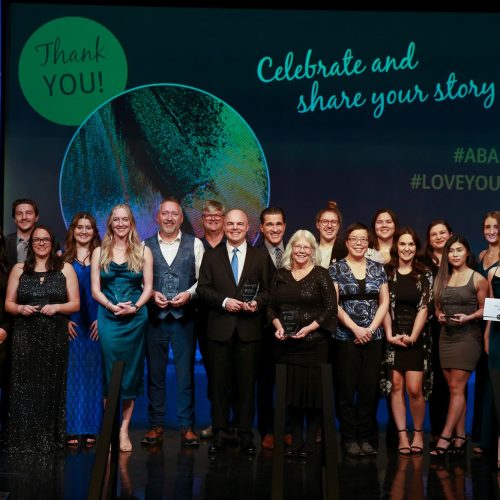If you’ve ever made a New Year’s resolution and then broken it, don’t worry, you have lots of company.
In fact, a 2007 study by Richard Wiseman from the University of Bristol involving 3,000 people showed that fully 88 per cent of those who set New Year’s resolutions fail, despite the fact that 52 per cent of the study’s participants were confident of success at the beginning (aren’t we all?).
A similar study found 46 per cent of participants who made common New Year’s resolutions (e.g. weight loss, exercise programs, quitting smoking) were likely to succeed, more than ten times as often as those deciding to make life changes at other times of the year.
Meanwhile, a 2014 study reported 35 per cent of participants who failed their New Year’s resolutions admitted they had unrealistic goals, 33 per cent of participants did not keep track of their progress, and 23 per cent forgot about them. About one in 10 respondents claimed they made too many resolutions.
The secret to success then, based purely on the research, is to go ahead and set goals at New Year’s – but make sure they’re realistic, have measurable results, and don’t set more than a couple.
History of New Year’s Resolutions
The concept of making New Year’s resolutions has been around for quite a long time, although not necessarily under that moniker.
In ancient Rome, each year began with people making promises to the god Janus, for whom the month of January is named, that they would return borrowed objects and pay their debts.
In the medieval era, the knights took the “peacock vow” at the end of the Christmas season each year to re-affirm their commitment to chivalry.
At watchnight services, many Christians prepare for the year ahead by praying and making resolutions. In Methodist Christianity, the liturgy used for the watchnight service for the New Year is the Covenant Renewal Service; in addition to being traditionally held on New Year’s Eve, many churches offer the Covenant Renewal Service on both New Year’s Eve and on the morning of New Year’s Day.
Judaism also has its own New Year, Rosh Hashanah, through the High Holidays and culminating in Yom Kippur (the Day of Atonement), during which one is to reflect upon one’s wrongdoings over the year and both seek and offer forgiveness.
Aside from religious ties, there are plenty of other historical references to New Year’s resolutions.
A 1671 entry from the diaries of Anne Halkett, a writer and member of the Scottish gentry, contains a number of pledges, typically taken from biblical verses such as “I will not offend any more”. Halkett titled this page “Resolutions”, and wrote them on January 2nd, which would possibly indicate that the practice was in use at the time, even if people did not specifically refer to it as a New Year’s resolution.
It was a common enough practice by the beginning of the 19th century that people would make (and fail to keep) such resolutions that the habit was satirized in Walker’s Hibernian Magazine in 1802 as follows: “The following personages have begun the year with a string of resolutions, which they all solemnly pledged to keep” – before enumerating a series of obviously fictitious resolutions.
Shortly after this, the words New Year began to appear before the word resolution. The full phrase is found in the January 1st issue of a Boston newspaper from 1813, in a short article titled “The Friday Lecture”:
“And yet, I believe there are multitudes of people, accustomed to receive injunctions of new year resolutions, who will sin all the month of December, with a serious determination of beginning the new year with new resolutions and new behaviour, and with the full belief that they shall thus expiate and wipe away all their former faults.”
Top 10 New Year’s Resolutions I’d Like to See
A fun game to play is to think of ‘New Year’s Resolutions I’d like to see’. For example, here’s my personal Top 10.
I’d like to see …
- All politicians worldwide resolve to tell the truth.
- Vladimir Putin resolve to be a kinder, gentler Putin and get the heck out of the Ukraine.
- Billionaire’s worldwide resolve to give half their wealth to charities.
- All people resolve not to judge or harm others based on race, religion, gender identity or sexual orientation.
- All employers resolve to treat their workers fairly, with dignity and respect.
- Young people resolve not to bully or body-shame anyone, online or off.
- World leaders and countries resolve to get along with each other. No more war!
- Gun owners resolve not to go on shooting sprees and perpetrators of domestic violence resolve to get the help they need to stop.
- Alexander Ovechkin resolve to retire one goal short of breaking Wayne Gretzky’s all-time NHL goal-scoring record.
- People resolve to be kind to each other on a daily basis. To be patient and understanding, as we all face different challenges on our life’s journey.
If I could add an 11th, it would be great if all internet and telephone scammers would just … stop!
Wishful thinking, I know, but that’s partly what New Year’s resolutions are – hope for a better future.
As for myself, I always break my New Year’s resolutions. So, this year, I’m resolving not to make any New Year’s resolutions. Which, I guess is a resolution in itself – meaning I’ve already broken it!
Whatever the reasons behind your resolutions, whether religious or personal, it’s all about being the best you that you can be – both for yourself and those around you.
Have a safe and happy 2023!





